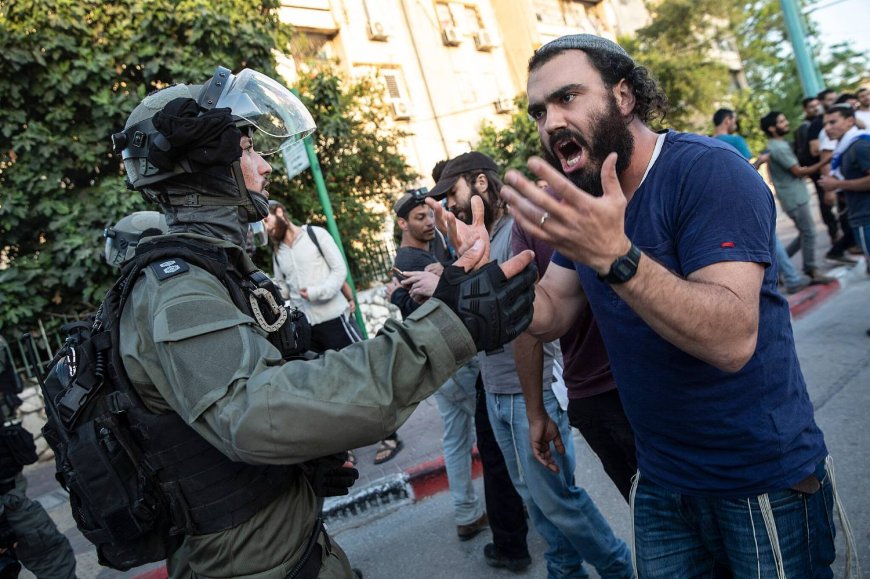Israel in turmoil: The threat of political assassinations are looming large over Israel

Following Benny Gantz's call to negotiate the judicial reform bill, the Hebrew daily Maariv ran a survey to measure public opinion on whether they favour suspending the legislation and commencing a dialogue on judicial reform. The majority of those who took the poll (57.4%) favour holding political dialogue, but only 28.7% believe that legislation must move forward while the opposition and the ruling coalition negotiate. Moreover, 17.6% think that discussions are pointless.
In addition, about half of Likud supporters prefer halting legislative changes and initiating political dialogue. Just 36% of Likud supporters want the reforms to remain unaltered.
On the other hand, 36% of zealot Zionists favour postponing this law for further negotiations, while 49% reject it. The Shas and Torah Judaism parties were the most vociferous in their opposition to the suspension of the legislation. A minority of 19% favours delaying the law to allow for dialogue, while the majority of 63% are opposed.
Last week, some 600 army reserve members rallied in front of the war minister's mansion in opposition to the government's proposed judicial reforms. They urged the Israeli War Minister to speak out against Netanyahu's judicial reforms. Over one hundred demonstrators simultaneously protested in front of Netanyahu's residence in Baitul Muqaddas [Jerusalem]. The adoption of this bill is widely viewed as defiance against the law and a flagrant violation of democracy by the Israeli opposition parties.
On Monday, February 25th, legislation to overhaul the body that selects judges and measures to preclude the Supreme Court from overturning the Constitution were discussed for the first time in the Knesset, the Zionist regime's parliament. On the same day, hundreds of Jews descended on Jerusalem to protest the adoption of the so-called "justice system reform" bill in front of the Knesset. Footage from "Black Monday" showed Zionist settlers barricading Tel Aviv streets.
According to the news website "Wala," eight of the protesters who blocked the entry of the Knesset were detained by the police. According to the Arab48 news website, Israeli police cordoned off a number of streets in the occupied city of Jerusalem.
All of these incidents have prompted Israeli officials to be worried about the onset of political violence. According to Maariv, Yaakov Shabtai, the head of the Zionist regime's police, stated that Israel's security services have received numerous warnings about the possibility of political assassinations.
One senior Zionist official who spoke on condition of anonymity highlighted that the Zionist leadership is apprehensive and under huge pressure, and that its internal position is rapidly crumbling.
Moreover, according to one Israeli official, the notion of "Palestinian Intifada" cannot be used to describe the security turmoil in the occupied West Bank and Jerusalem. Yet he acknowledged that by exhorting settlers to carry weapons under the pretext of confronting the Palestinian resistance, Israel is moving in the direction of incessant hostilities and escalating internal tensions.
By: H. Zaim-Bashi













































